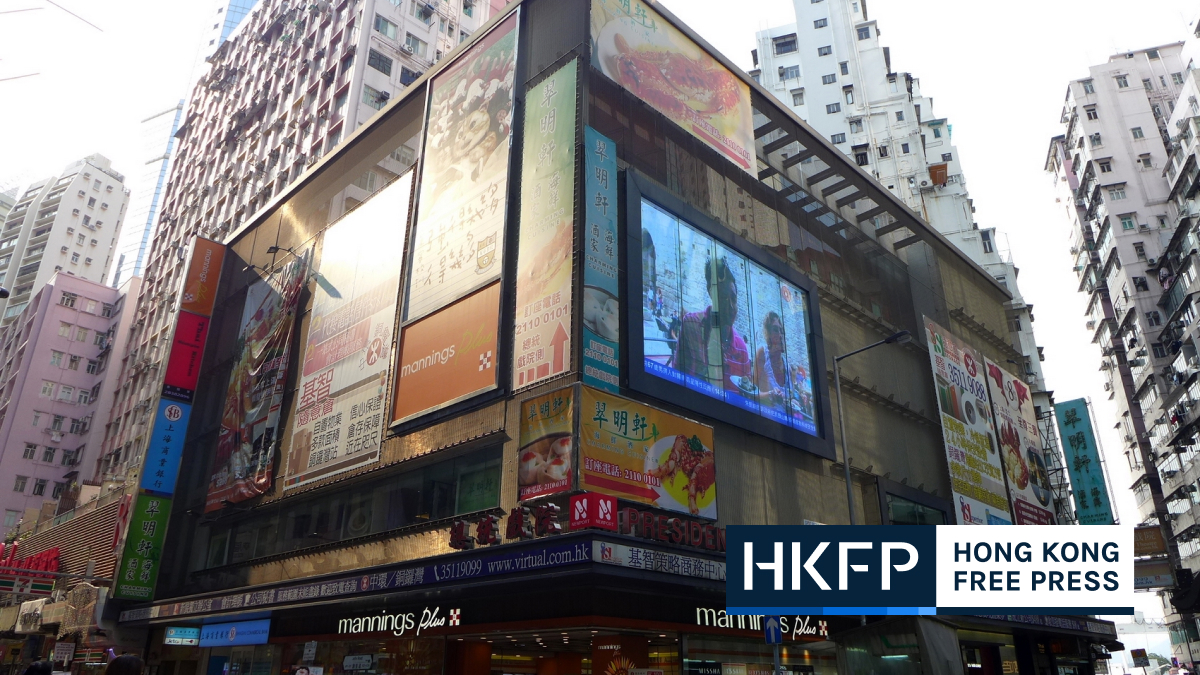More than 10 per cent of European Union (EU) citizens in Hong Kong have left the city within the past 18 months because of unpredictable anti-epidemic measures, according to the EU Office to Hong Kong and Macao. The figure points to an exodus of expatriates amid strict Covid-19 restrictions that have left the city largely cut off from the world.
In a statement on Friday, the EU Office to Hong Kong and Macao said it was concerned about the city’s flight bans, travel restrictions and long quarantine periods, which had caused many EU citizens to leave.

The office added that it had written to the city’s leaders expressing the travel-related concerns, and raising other issues including school closures and the separation of Covid-positive children from their families.
“We also ask for dialogue, not only regarding these concerns but also as an opportunity to share our experience and be of support to the Hong Kong population,” the office wrote, adding that it expresses gratitude to medical workers and frontline responders as Hong Kong battles a growing Covid-19 wave.

The city has maintained some of the world’s strictest travel restrictions amid the pandemic. Incoming arrivals must quarantine at a hotel for up to 14 days and undergo frequent Covid-19 testing.
Authorities announced on Tuesday that an existing ban on flights from nine countries, including Australia, India, the US, France and the UK, would be extended to April 20.

The ban – minus Nepal, which was added to the list earlier this month – has been in effect since January 8.
On Tuesday, the government said it would bring forward schools’ summer holidays to March and April, so that vacant campuses can be used for Covid-19 testing. Educators have called the move “disruptive” to students and teachers.
The reported separation of children who test positive for Covid-19 from their parents, who are not allowed to stay in hospital wards with them, has also attracted controversy.

Hong Kong is in the midst of its worst Covid-19 wave to date, with another 21,979 confirmed and preliminary positive cases reported on Friday. The Department of Health has recorded 106,205 coronavirus infections to date.
Many of the travel restrictions, however, including hotel-only quarantine for arrivals, were in place last year even as the city recorded consecutive months of no local cases.
Financial hub in flux
Authorities have stressed that it is in the “best interests” of the city to stick with its “dynamic zero Covid” strategy, which refers to a commitment to stamping out the virus.
In a press conference last month, the city’s leader admitted that the strategy is a policy requirement of the mainland.

Businesses have warned that Hong Kong’s strict Covid-19 policies will undermine its status as a financial hub.
HSBC said on Tuesday that the stringent curbs “are impacting the Hong Kong economy” and “may affect the ability to attract and retain staff,” while a number of foreign banks have reportedly said they may relocate staff abroad.
In November, global delivery giant FedEx said it was moving pilots overseas due to the strict measures.
Just 9,448 visitors landed in Hong Kong last December, compared to 3,191,466 in the same month in 2019, according to the Tourism Board.
The exodus also comes amid uncertainties about Hong Kong’s political future. Figures including school vacancies and Mandatory Provident Fund (MPF) pension withdrawals suggest that the number of people that have departed, or are planning on departing, Hong Kong has increased in recent months.
Clarification 22.40: An earlier version of this article, based on a statement from the the EU Office to Hong Kong and Macao, stated that 10 per cent of EU citizens “are leaving” Hong Kong. In fact, 10 per cent of EU citizens in Hong Kong have left within the past 18 months.
Support HKFP | Policies & Ethics | Error/typo? | Contact Us | Newsletter | Transparency & Annual Report | Apps
Help safeguard press freedom & keep HKFP free for all readers by supporting our team















